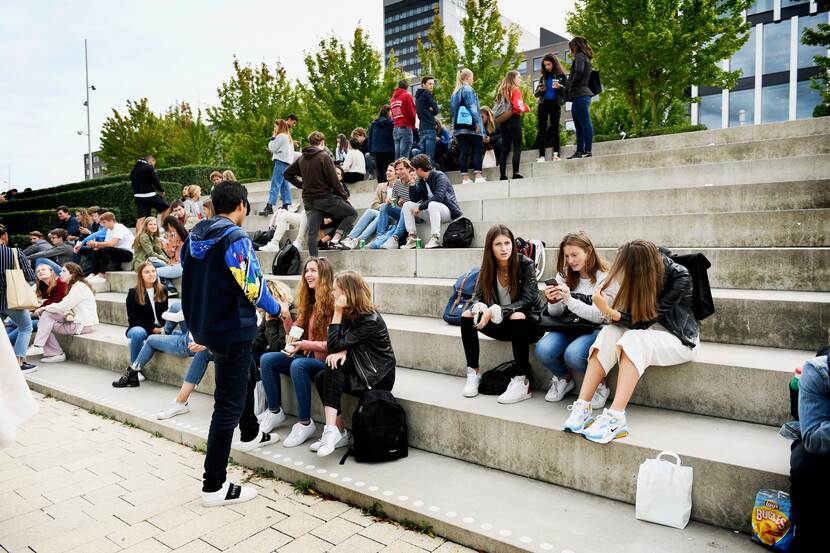In brief: Active in Europe
Engage seriously with European education policy: that is the advice of the Dutch Education Council to the government. The present ‘wait-and-see’ approach by the Netherlands fails to acknowledge the growing influence of Europe on education. The Council advises Dutch education ministers to work with education professionals to develop a strategic agenda, which offers clarity on the Dutch ambitions for European education policy. This will provide focus and a framework for education professionals and government, enable the Netherlands to respond more effectively to the opportunities and risks of European education policy and contribute to that policy.

The importance attached to education in Europe is growing steadily. Member States are working together more intensively and more committed agreements are being forged. The European Union also has ambitions and is taking initiatives in a range of educational themes. This is giving rise to a ‘governance dynamic’ which effectively culminates in a European education policy. That policy is exerting growing influence, including on education in the Netherlands.
Passive approach not appropriate
There is currently no cohesive Dutch strategic vision on European education policy. The passive approach adopted by the Netherlands is not appropriate given the growing influence of Europe on Dutch education. It is also not aligned with the wishes of education establishments and other stakeholders, nor with the Dutch government’s systemic responsibility. The Education Council advises Dutch education ministers to engage seriously with European education policy by adopting a proactive stance.
Develop a strategic agenda for European education policy
The Council advises Dutch education ministers to formulate a strategic agenda for European education policy, which describes the Dutch input and how it contributes to Dutch education. A strategic agenda will offer focus and a guidance framework for education establishments, education professionals and government. It will also enable better use to be made of the opportunities offered by Europe for Dutch education, for example as regards improving the match between education and the labour market, sustainable development and mutual recognition of qualifications. It will also make it possible to respond more effectively to risks, participate in the governance dynamic and thus make an active contribution to European education policy.
The Netherlands will assume the presidency of the European Union in 2029. That will give the Dutch government an opportunity to help shape European education policy. The Council recommends that, in drawing up a strategic agenda, the government employ a route map in the run-up to the Dutch EU presidency in 2029, building in the moments at which strategic decisions on education will be taken in Europe. Good coordination between education and related policy domains, such as science policy, youth policy and labour market policy, is an important part of this. The Council emphatically recommends that education professionals be involved in developing the strategic agenda. This will align with trends and developments that are already taking place within education and enable the knowledge and experience gained by education professionals to be exploited.